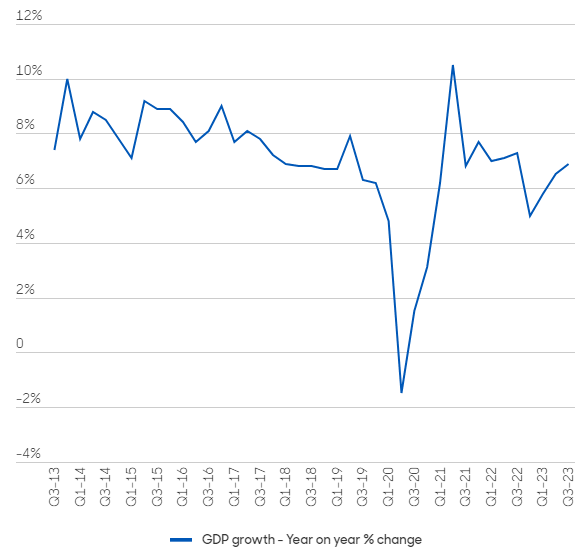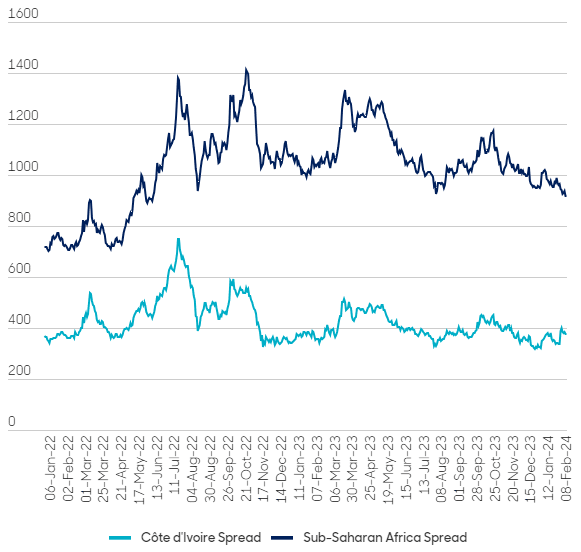Aberdeen Investments
Aberdeen Investments is a leading global insurance asset manager. While now independent, we were one of Europe’s largest insurance groups for over two centuries, until 2018. Today, Aberdeen Investment’s core strength is the breadth, depth and scale of our insurance investment capabilities. 150 insurers now trust abrdn to manage $230bn across public and private markets, making abrdn one of the largest independent managers of insurance assets worldwide.
Matthew DePont, CIMA
Director, Institutional Business Development
matthew.depont@aberdeenplc.com
+1 445-284-8590
1900 Market Street, Suite 200
Philadelphia, PA 19103
Image



